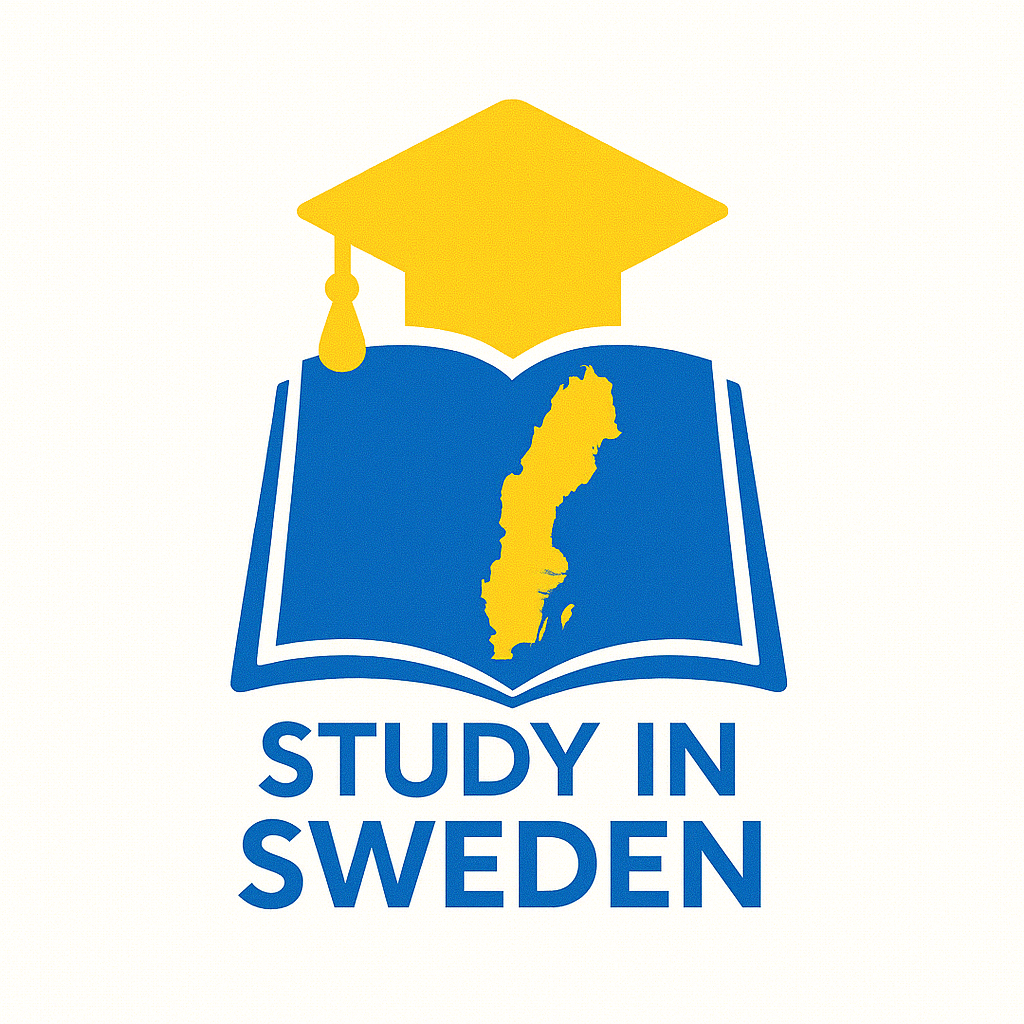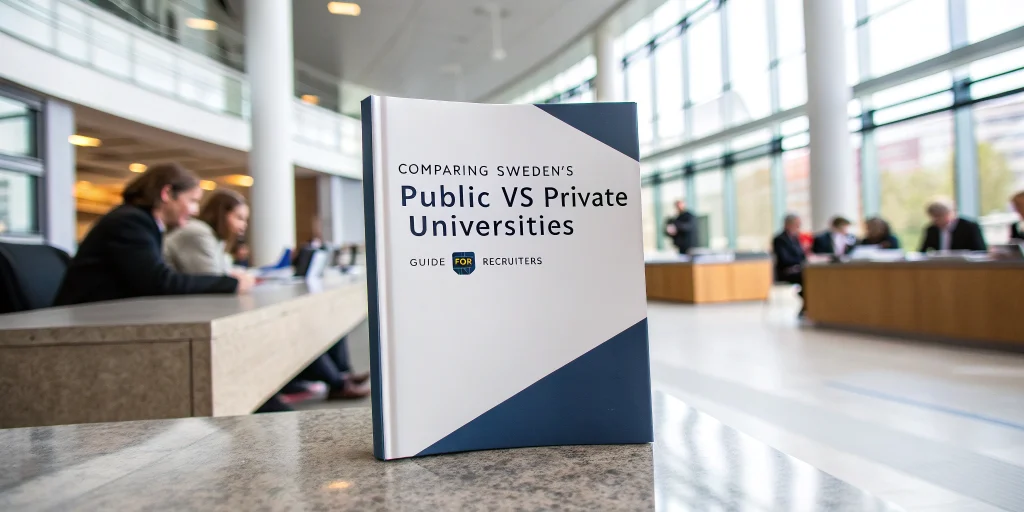Comparing Sweden’s Public and Private Universities: A Comprehensive Guide for International Student Recruitment
Quick Navigation
- Understanding Sweden’s Higher Education Landscape
- Public Universities in Sweden
- Public University Colleges (Högskolor)
- Private Universities and Independent Providers
- Key Differences: Public vs Private Higher Education in Sweden
- Ensuring Quality Education Across Institutions
- Leveraging Study in Sweden’s Expertise for Recruitment Success
- Conclusion
- Take the Next Step with Study in Sweden
Understanding Sweden’s Higher Education Landscape
Sweden is home to around 50 universities and university colleges, predominantly public institutions funded by the government. However, the private university sector is also well-established, comprising several prestigious and specialized providers. The system differentiates between:
- Universities (Universitet) – Larger institutions with broad research and doctoral degree authority.
- University Colleges (Högskolor) – Tend to be smaller with a focus on undergraduate and master’s education.
- Private Universities and Independent Providers – Operate under different regulations with degree-awarding powers granted by Parliament.
For a detailed overview, visit our section on the difference between universities and university colleges in Sweden.
Public Universities in Sweden
Autonomy and Academic Freedom
While public universities in Sweden receive government funding, they enjoy a high degree of autonomy. Each institution designs its own:
- Study plans and curricula
- Course offerings
- Academic timetables
- Qualification and admission criteria
This autonomy leads to variation in courses and programs, even if similarly named, across different universities. Such flexibility enables public universities to adapt rapidly to academic innovations and international market demands.
Degree-awarding Powers
Swedish public universities have comprehensive degree-awarding authority, enabling them to confer:
- Bachelor’s degrees
- Master’s degrees
- Doctoral degrees
This makes them highly attractive for students pursuing research-intensive or advanced academic paths.
Examples of Public Universities
- Uppsala University
- Lund University
- Stockholm University
- University of Gothenburg
These institutions are globally recognized for their quality education, research output, and vibrant international student communities.
Public University Colleges (Högskolor)
Scale and Scope
Public university colleges usually have fewer students and offer a narrower range of programs, focusing more on applied sciences and professional education. Despite their smaller size, many university colleges maintain strong industry ties and regional significance.
Degree Limitations
While university colleges can award bachelor’s and master’s degrees, awarding doctoral degrees requires special permission from the Swedish Higher Education Authority. This limitation shapes their academic profiles and recruitment appeal.
Examples of University Colleges
- Malmö University
- Kristianstad University
- Jönköping University (although it operates with unique status)
For admissions teams targeting students looking for more specialized undergraduate or master’s programs, university colleges offer viable options.
Private Universities and Independent Providers
Governance and Regulatory Framework
Unlike public universities, private institutions in Sweden receive degree-awarding powers directly from Parliament, not the Swedish Higher Education Authority. They often operate under different regulatory frameworks, affecting areas such as student appeals and government supervision.
Many private institutions are run by foundations or associations, offering niche or professional programs with an emphasis on innovation, entrepreneurship, or specialized disciplines.
Notable Private Educators
- Chalmers University of Technology – Particularly strong in engineering and technology.
- Stockholm School of Economics – Prestigious business school with strong international connections.
- Beckman’s College of Design – Focused on design and innovation.
- Swedish Red Cross University – Specializes in health sciences and nursing education.
Their unique positions allow them to offer distinct educational experiences that complement Sweden’s comprehensive public university offerings.
Key Differences: Public vs Private Higher Education in Sweden
| Aspect | Public Universities & Colleges | Private Universities |
|---|---|---|
| Funding | Government-funded | Privately funded, often by foundations or trusts |
| Degree-awarding powers | Granted by Swedish Higher Education Authority | Granted by Swedish Parliament |
| Doctoral degrees | Generally authorized | Varies; some may have limited or no doctoral programs |
| Regulatory oversight | Subject to government supervision | Limited government supervision |
| Student rights | Standardized appeal and complaint procedures | Different appeals processes; potentially less transparency |
| Course autonomy | High autonomy within government framework | High autonomy, often more experimental programs |
Understanding these distinctions helps recruitment officers advise students correctly and tailor outreach strategies based on institutional strengths.
Ensuring Quality Education Across Institutions
Regardless of public or private status, Sweden maintains high academic standards across all recognized higher education providers. Accreditation and quality assurance mechanisms ensure that international students receive education that meets rigorous Swedish and international benchmarks.
For recruiters, this uniform quality assures confidence when presenting Sweden as an attractive destination for international study.
Leveraging Study in Sweden’s Expertise for Recruitment Success
At Study in Sweden, we provide comprehensive support and innovative solutions that streamline international student recruitment and university admissions processes. Our expertise spans:
- Facilitating connections between international recruiters and Swedish institutions
- Providing data-driven insights into institutional offerings and student preferences
- Automating application and enrolment workflows to reduce administrative burden
Explore our services for international recruiters to learn how we can assist your institution or agency in attracting the right candidates to Sweden’s dynamic education sector.
Conclusion
Comparing Sweden’s public and private universities reveals a blended higher education system characterized by autonomy, diversity, and quality. For international recruiters, admissions teams, HR, and marketing professionals in education, understanding these institutional differences is crucial when guiding prospective students.
By aligning recruitment strategies with the strengths of Sweden’s public universities, university colleges, and private institutions, stakeholders can maximize their impact and contribute to successful student experiences.
If you are interested in partnering with Study in Sweden or wish to learn more about how we can support your international student recruitment and placement efforts, we invite you to contact our team today.
Take the Next Step with Study in Sweden
Explore the possibilities for cooperation in Swedish higher education. Here are some resources to get you started:

